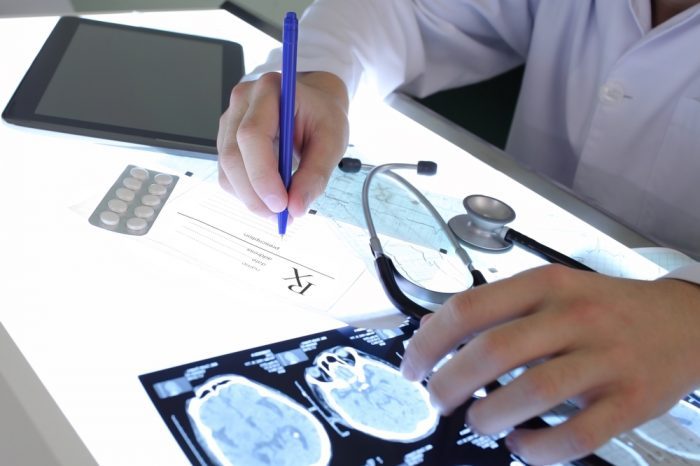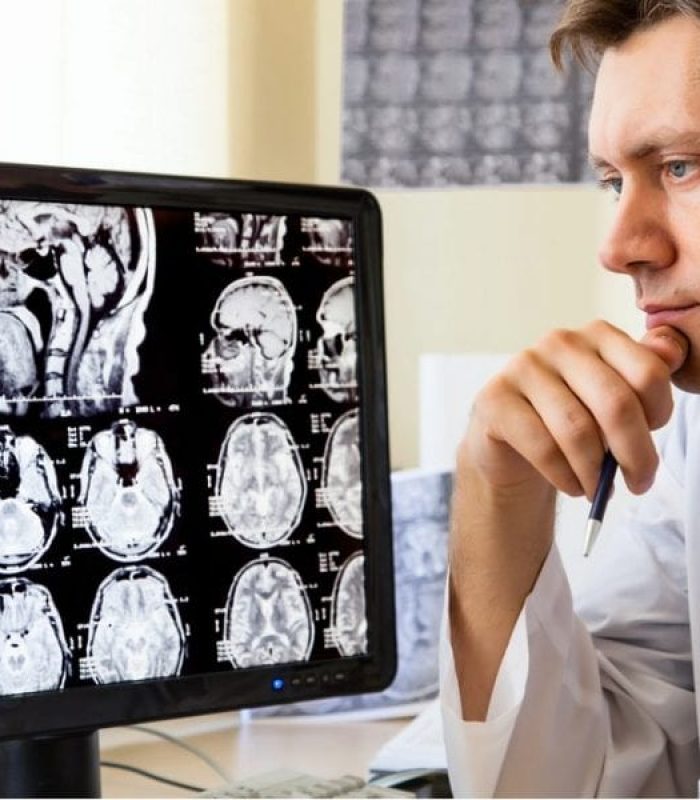Psych meds get a bad rep. What if the problem wasn’t over-medicating, but, prescribing the wrong medicine?
The modern iteration of psych meds has been around for less than a century, but within that time frame, they have gone from a miracle cure to demonized in public opinion. There is also a notable (and growing) concern with the increasing number of pharmaceutical prescriptions handed out to children. Today, there is a push back on Big Pharma abusing their position simply to make profits. Understandably, patients are seeking alternatives to psych meds.
Many feel that the pharmaceutical industry thrives off the over-prescription of psych meds, and explicitly targets children in their quest to make money. It’s part of the reason why plant-based alternatives have recently garnered so much attention. One of these alternatives is medical cannabis for the treatment of anxiety, depression, and Post Traumatic Stress Disorder (PTSD).
So, is there a way to lower prescription rates for people with mental illness, including children, through the power of cannabis? As with any discussion over mental health, cannabis and mental illness is a touchy subject. But, lets consider the evidence.

A Discussion on Rising Rates of Mental Illness and Preference for Cannabis
In the US, approximately one in five American adults experience mental illness in their lifetime. However, less than half of those people receive treatment for their condition. That means more than twenty million Americans live with anxiety, depression, and mood disorders without getting the help they need.
There has been significant media attention on the supposed rising rates of anxiety and depression. According to a 2019 systemic review, however, this doesn’t seem to be the case. Here, the researchers found that rates of common conditions increasing were actually only linked to changing demographics, rather than some kind of pandemic of mental illness.[1]Toshi A. Furukawa, An epidemic or a plague of common mental disorders?, Acta Psychiatrica Scandinavica, 10.1111/acps.13108, 140, 5, (391-392), (2019).
What is apparent is an increasing rate of diagnosis among children and adolescents. According to the author of iGen, Jean Twenge, Ph.D. (as interviewed for Science Daily.), “More U.S. adolescents and young adults in the late 2010s, versus the mid-2000s, experienced serious psychological distress, major depression or suicidal thoughts, and more attempted suicide.” Rising rates of diagnosis mean rising rates of treatment, including psych meds, among this younger demographic.
As presented by Anne Harrington in “Mind Fixers: Psychiatry’s Troubled Search for the Biology of Mental Illness”, there are two approaches to treating mental illness: biological (pharmaceutical) and non-biological (psychotherapeutic). With the growing availability and acceptance of medical cannabis, we may now have a third way.
Cannabis Catching on For Psychiatric Patients
And cannabis is catching on. People are gravitating towards it for their anxiety, depression, PTSD, and more. According to a 2017 paper in the International Journal of Drug Policy, patients are increasingly turning away from pharmaceutical prescriptions towards self-treatment with cannabis.[2]Lucas, P., & Walsh, Z. (2017). Medical cannabis access, use, and substitution for prescription opioids and other substances: A survey of authorized medical cannabis patients. International … Continue reading
This survey, put together by Canadian Licensed Producer Tilray asked 107 questions to 271 patients. It reported a full sixty-three percent of patients substituted cannabis for prescription meds, including psych meds, like antidepressants and benzodiazepines.

Cannabis’ Place for Mental Health
As with most of the research into cannabis’ medicinal potential, there is not a strong history of clinical trials on cannabis for mental health. This area of study is getting there, but more is needed to conclusively say one way or the other how cannabis impacts mental health. Still, as patient surveys indicate, the lack of research hasn’t stopped anyone from using it as a substitute or in conjunction with psych meds for their own conditions.
In early 2020, BMC Psychiatry published the first literature review exploring what we know about cannabis for mental health. As per this review, “The present evidence in the emerging field of cannabinoid therapeutics in psychiatry is nascent, and thereby it is currently premature to recommend cannabinoid-based interventions.” Tentatively, the authors found isolated positive evidence for CBD in the treatment of social anxiety and schizophrenia. Additionally, they found some positive results for the treatment of insomnia related to PTSD and for ADHD.[3]Sarris, J., Sinclair, J., Karamacoska, D., Davidson, M., & Firth, J. (2020). Medicinal cannabis for psychiatric disorders: a clinically-focused systematic review. BMC psychiatry, 20(1), 24. … Continue reading
Caution Advised For THC Rich Chemovars
Importantly, they found no research supportive of cannabis for depression, and had some concerns with high-THC chemovars (strains). In conclusion, they found enough isolated evidence to pursue future study, but with caveats, including “caution in the use of high-THC formulations (avoidance in youth, and in people with anxiety or psychotic disorders), gradual titration, regular assessment, and caution in cardiovascular and respiratory disorders, pregnancy and breast-feeding.”
Is medical cannabis an option for the treatment of mental health conditions in children? This is yet another controversial subject, and with good reason. The consumption of THC-rich cannabis in adolescence is now linked to issues with depression later in life. There is reason to believe that biological interventions for adolescent mental health issues may pose a risk for a developing young brain.
For adults, however, there is a more positive outlook. Although, the research hasn’t caught up with the popular use of cannabis for the treatment of mental illness. There is, tentatively, a suggestion of positive therapeutic benefit for some conditions. But, as with most cannabis research, more well-controlled studies are desperately necessary.
Medical Cannabis for Mental Health at Pivotal Junction in History
Since the concept of mental health entered into our vernacular, there have been strong debates about cause and treatment options. Over the last century, the pendulum has swung from one end of the spectrum to the other, and back again.
As the New Yorker’s review on Mind Fixers explains, treatment of mental health has long seen “touted breakthroughs disappoint, discredited dogmas give rise to counter-dogmas, treatments … influenced by the financial interests of the pharmaceutical industry, and real harm … done to patients and their loved ones.” Mental health conditions are still so poorly understood there are no clear-cut treatment options to this day.
With the backlash against current pharmaceutical treatment options, and the overprescription of psych meds to children, cannabis comes at a crucial moment. It still offers patients a biological treatment option, but one often with fewer side effects and a better safety profile. It may be a way to treat anxiety and mood disorders without the damage done by standard prescriptions.
Only time, and more research, will tell whether the rising popular use of cannabis for mental illness is effective for long term use.
References





